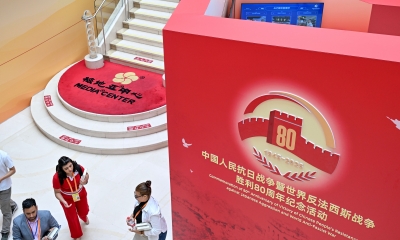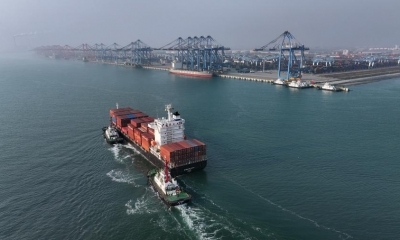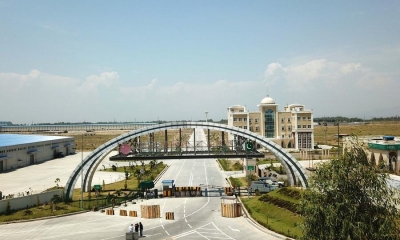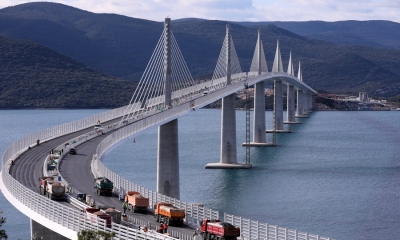China’s Constructive Role in the Shanghai Cooperation Organization Tapestry
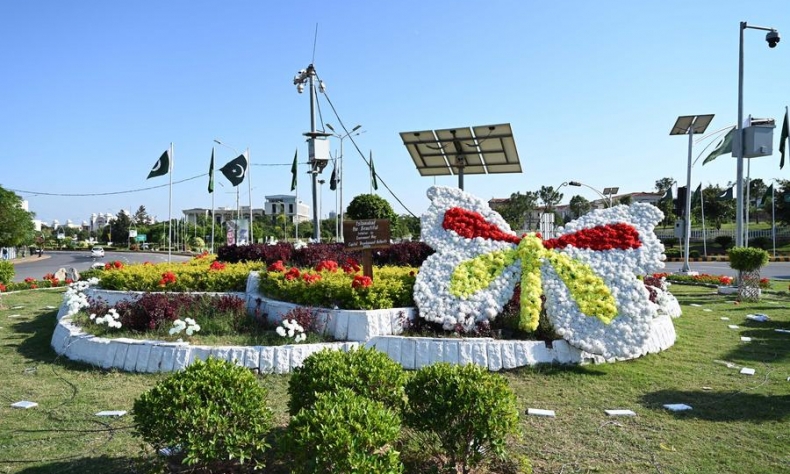
SCO member states have been witnessing inclusive trade growth, infrastructure upgrade, security improvement and sustainable development upbeat in diverse sphere of life.
The 23rd meeting of the Council of the Heads of Government of the member states of the Shanghai Cooperation Organization (SCO) held on October 15-16, 2024 in Islamabad, Pakistan, is another prestigious event of the regional organization this year to strengthen multilateral collaboration and promote regional progress.
Since its inception in 2001, with upholding the Shanghai Spirit which features mutual trust, mutual benefit, equality, consultation, respect for cultural diversity, and pursuit of common development, SCO member states have been witnessing inclusive trade growth, infrastructure upgrade, security improvement and sustainable development upbeat in diverse sphere of life.
As a responsible major country and founding member, China has transformed SCO as the best therapy to cure regional security challenges, economic crunches, cultural gaps, people-to-people concerns and mutual development crises.
At the time when developing countries had lost hope to keep pace with the world and plunged into a whirlpool of mayhem due to vested interests of superpowers, China came up with guiding light of the SCO that navigated SCO member states that cover about three-fifths of the Eurasian continent, with a combined population of 42 percent of the world’s total, to grow and thrive as one united force on the basis of equity, respect, brotherhood.
Economic cooperation has always been an important element of SCO cooperation. Since the establishment of the SCO, the member states have been actively integrating into global trade cooperation despite global headwinds.
“The Report on Trade Development over 20 Years since the Establishment of the Shanghai Cooperation Organization(SCO)”, released in 2022, shows that the total trade value of SCO member states increased from $667.09 billion in 2001 to $6.06 trillion in 2020, representing nearly a 9-fold increase over 20 years. SCO’s share of total global trade value grew from 5.4 percent in 2001 to 17.5 percent in 2020, and the influence of SCO member states on global trade has continued to increase.
Central Asia is the traditional geographical area of the SCO. China’s cooperation with the five Central Asian countries has been deepening, and the trade volume has been growing rapidly. China is already the top trading partner and a major source of investment for the five Central Asian countries. Data shows that China’s trade volume with the five Central Asian countries reached $89.4 billion in 2023, up 27 percent year on year, hitting another record high.
As a SCO member state, Pakistan also saw robust economic growth under the China-Pakistan Economic Corridor (CPEC) framework, a signature project of the Belt and Road Initiative (BRI) initiated by China. Pakistan’s export of goods and services to China witnessed an increase of 42.02 percent during the first eight months of the current fiscal year (2023-24) as compared to the exports of the corresponding period of last year, State Bank of Pakistan (SBP) reported.
Since the launch of CPEC in 2013, China has become the largest source of investment for Pakistan for 10 consecutive years with a total $25.4 billion investment in direct projects in the country.
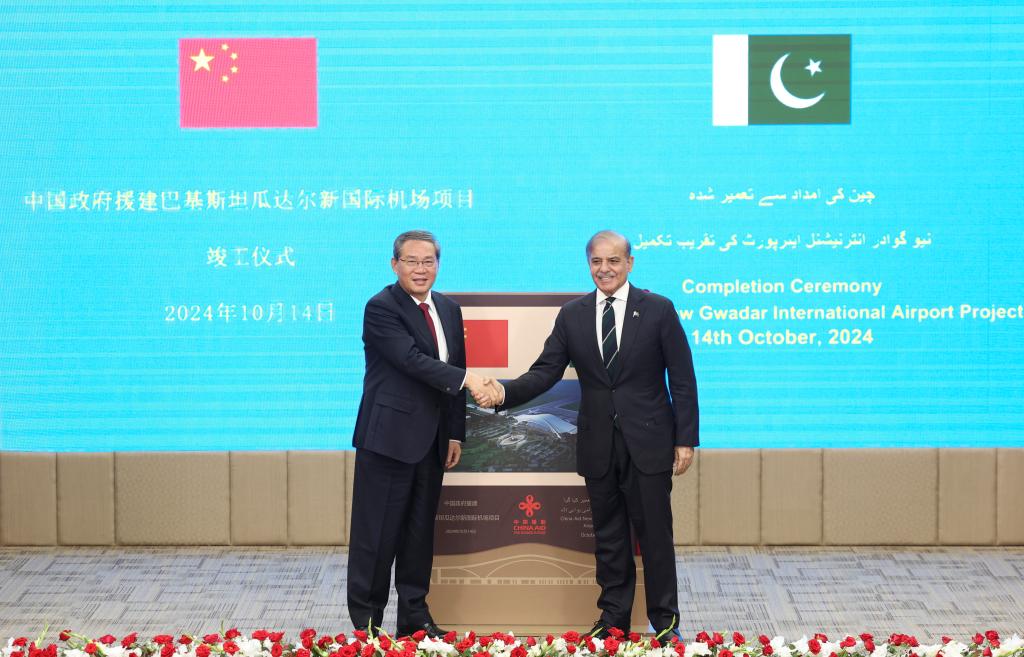
Energy and infrastructure cooperation is the most important element of SCO economic and trade cooperation. Large-scale crude oil and natural gas pipeline networks have been established among member states, creating complementary advantages and win-win situations. China has also become one of the most important energy partners of SCO member states.
Infrastructure construction, represented by railways, is also in full swing. The improvement of railway infrastructure has boosted the China-Europe Rail Express (CERE). Since the first CERE train left the country through Alashankou terminal in 2011, the number of CERE passing through the ports has achieved 13 years of growth, reaching 21 countries and cities.
As of April 2024, the Alashankou terminal had operated more than 36,000 train trips, along 118 routes, carrying more than 200 types of goods. More foreign commodities are also entering the Chinese market via the railway. On June 6, a signing ceremony of the intergovernmental agreement on the China-Kyrgyzstan-Uzbekistan railway project was held in Beijing. The China-Kyrgyzstan-Uzbekistan railway is a strategic project for China’s connectivity with Central Asia, and the signing of the agreement marks the fast-tracking of SCO economic cooperation.
In terms of transportation infrastructure, over 90 percent of Pakistan’s passenger traffic and around 96 percent of freight movement are primarily dependent on road transport. The mileage of completed and ongoing motorways under CPEC is 1622 kilometers, accounting for approximately 40 percent of the total mileage of Pakistan’s motorways. The Motorway network in Pakistan links different parts of the country to the three main ports which include Karachi Port, Port Bin Qasim, and Gwadar Port, improving Pakistan’s cross-border trade efficiency.
Under the Shanghai Spirit, member states welcomed the cooperation among the SCO member states in developing ports and logistics centers, as well as the outcomes of the SCO International Transport Forum held at Tashkent, on November 1, 2023.
China and other motivated member states are also expediting the implementation of the Agenda for Sustainable Development until 2030 and fostering inclusive economic globalization accessible to all.
Now SCO member states aim to eliminate barriers and formulate unified approaches to trade facilitation. As of 2023, the SCO is primarily centered on security-related concerns, describing the main threats like terrorism, separatism and extremism.
At the SCO summit, held in Tashkent, Uzbekistan, on June 16–17, 2004, the Regional Anti-Terrorist Structure (RATS) was established. On April 21, 2006, the SCO announced plans to fight cross-border drug crimes under the counter-terrorism rubric.
In October 2007, the SCO signed an agreement with the Collective Security Treaty Organization (CSTO), in the Tajik capital of Dushanbe, to broaden cooperation on issues such as security, crime, and drug trafficking.
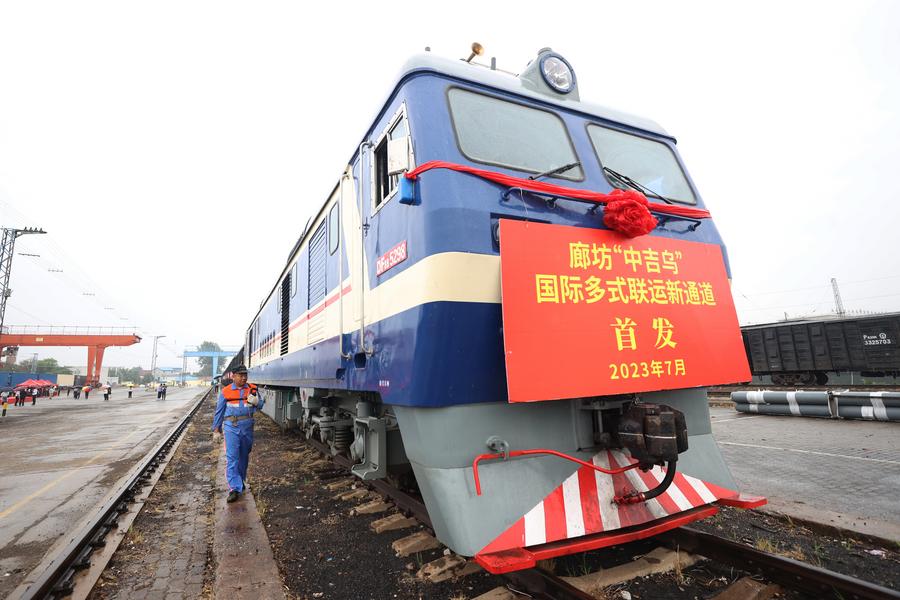
As of 2010, the organization was opposing cyberwarfare, saying that the dissemination of information “harmful to the spiritual, moral and cultural spheres of other states” should be considered a “security threat”. An accord adopted in 2009 defined “information war”, in part, as an effort by a state to undermine another’s “political, economic, and social systems”. As per a media report in 2017, SCO has foiled 600 terror plots and extradited 500 terrorists through RATS.
At the summit in Astana, Kazakhstan, in July 2024, the SCO called for the creation of a fair, multipolar world order based on the key role of the United Nations, international law and the aspiration of sovereign states towards a mutually beneficial partnership.
With a leading role of China, SCO member states tend to promote people-oriented cooperation to improve the well-being and living standards of people in the SCO space.
Member states consider it important to continue implementing the Programme of Multilateral Trade and Economic Cooperation and implement the SCO Economic Development Strategy until 2030, adopted by the interested parties, with full use of the potential of specialized mechanisms, cooperation platforms, and public venues.
Since cultural and humanitarian dimensions of the SCO is developing dynamically, SCO speaks in favor of expanding cooperation in the field of culture and arts, preserving the rich historical and spiritual heritage and the indigenous peoples’ languages and cultures, and promoting multilingualism as an important factor in ensuring peace, cooperation, prosperity and harmony.
China’s role in SCO spurs up significance of enhancing cooperation in e-commerce to broaden and deepen regional trade and economic collaboration. SCO members express a commitment to narrowing the digital development gap and emphasized the need to collectively address associated challenges, including through the alignment of national programmes in digital economy development. The member states welcomed the outcomes of the SCO Digital Forum and the first meeting of the Managing Commission of SCO Technopark and Innovation Cluster Pool held at Almaty, February 1-2, 2024.
With the spirit of shared destiny of mankind, member states stress the need for providing financial support for project activities with a view to tapping the Organization’s investment potential in full and therefore for continuing consultations on the establishment of the SCO Development Bank and the SCO Development Fund.
As green SCO is another agenda, member states are strengthening cooperation in the sphere of environmental protection, facilitating environmental safety and security, the frugal management of natural resources, mitigating negative consequences of climate change and adapting to this process, including through technology transfers and the mobilization of resources for meeting the requirements of developing countries.
They also welcome the approval of draft joint approaches for addressing environmental issues, a programme for expanding cooperation among SCO member states in the field of protected territories (specially protected nature territories and protected nature territories) and environmental tourism, a joint action plan to implement the SCO’s Green Belt Programme in 2024-2026.
The article reflects the author’s opinions, and not necessarily the views of China Focus.
 Facebook
Facebook
 Twitter
Twitter
 Linkedin
Linkedin
 Google +
Google +




